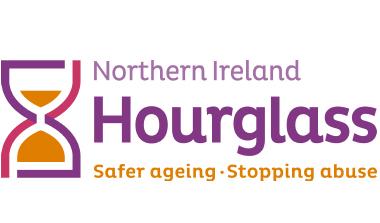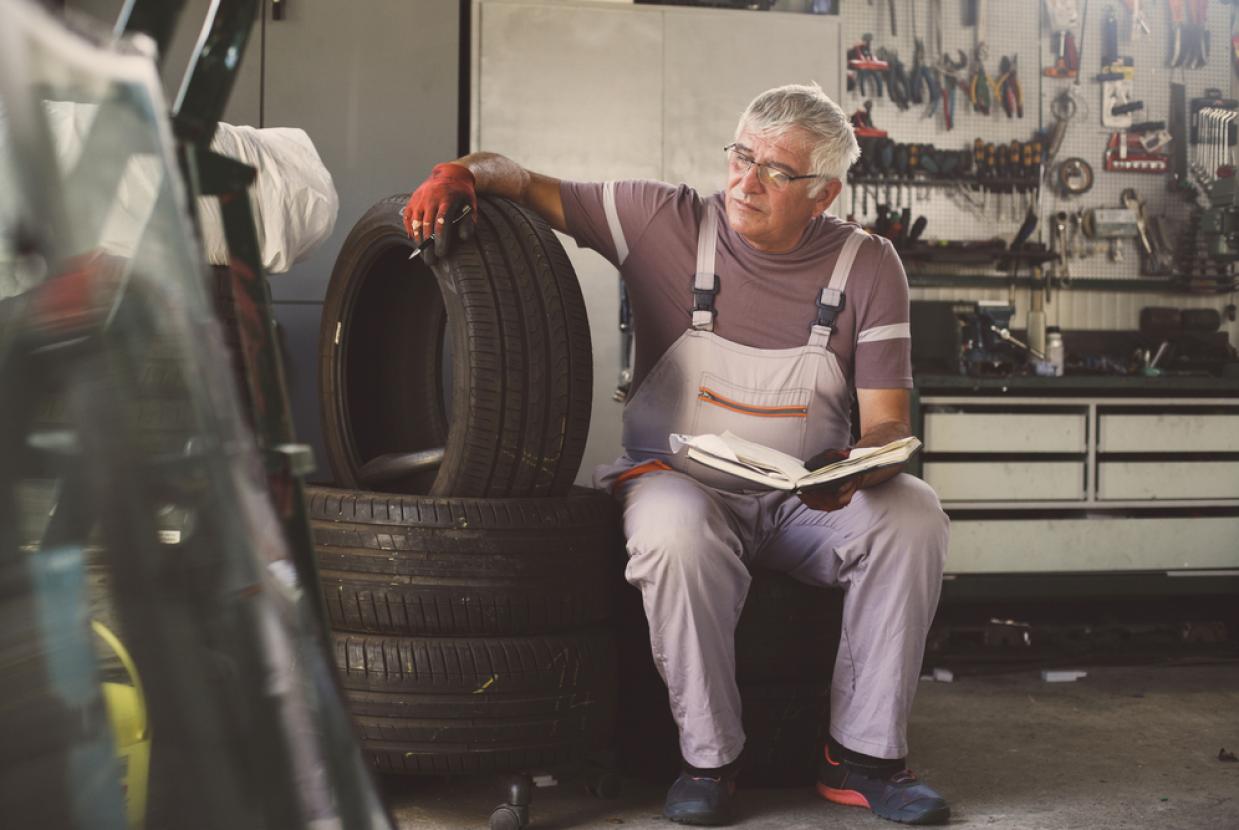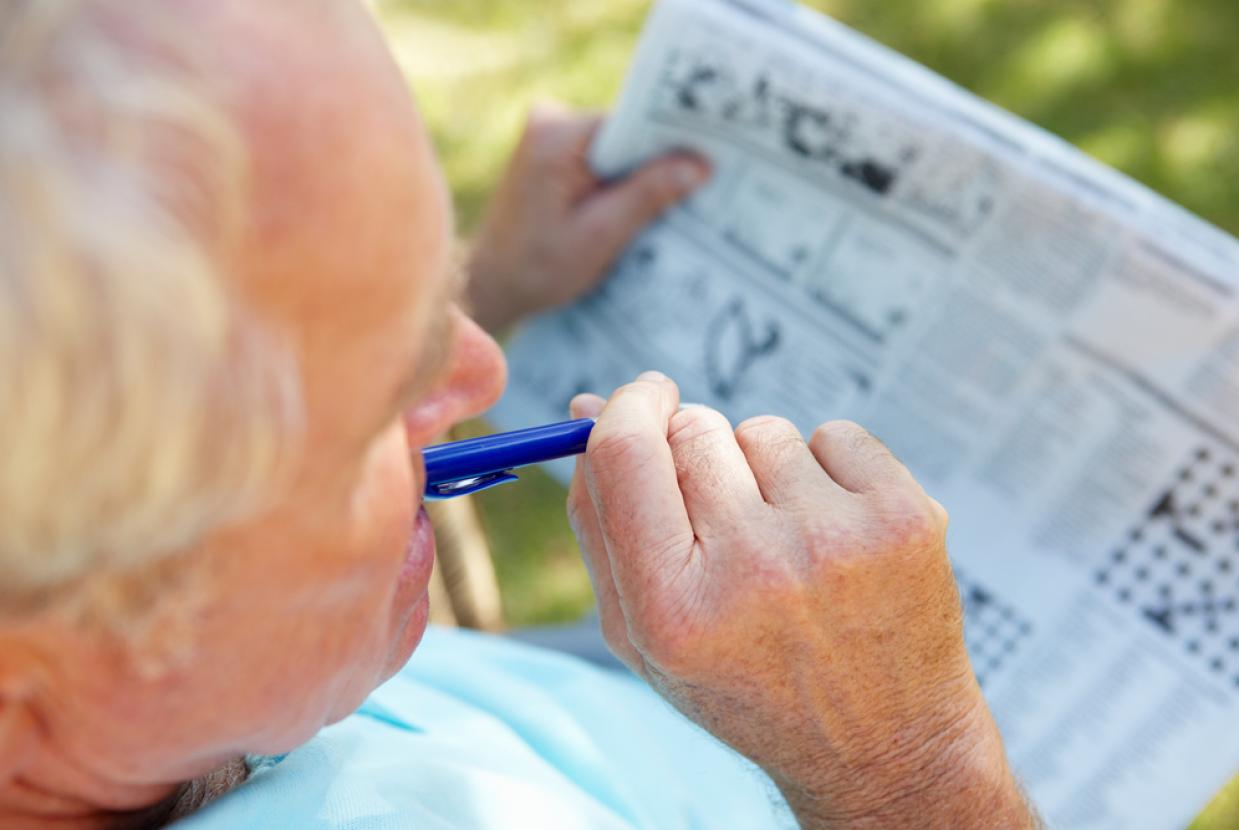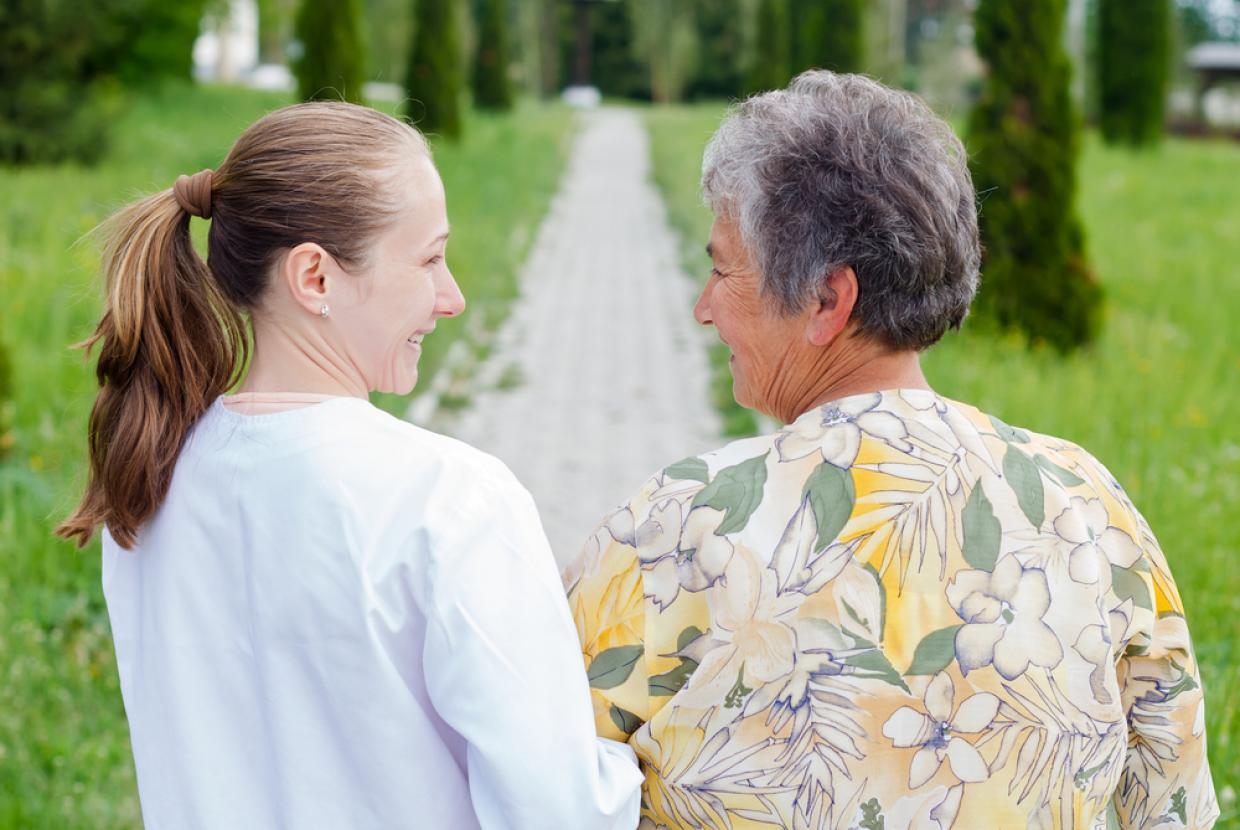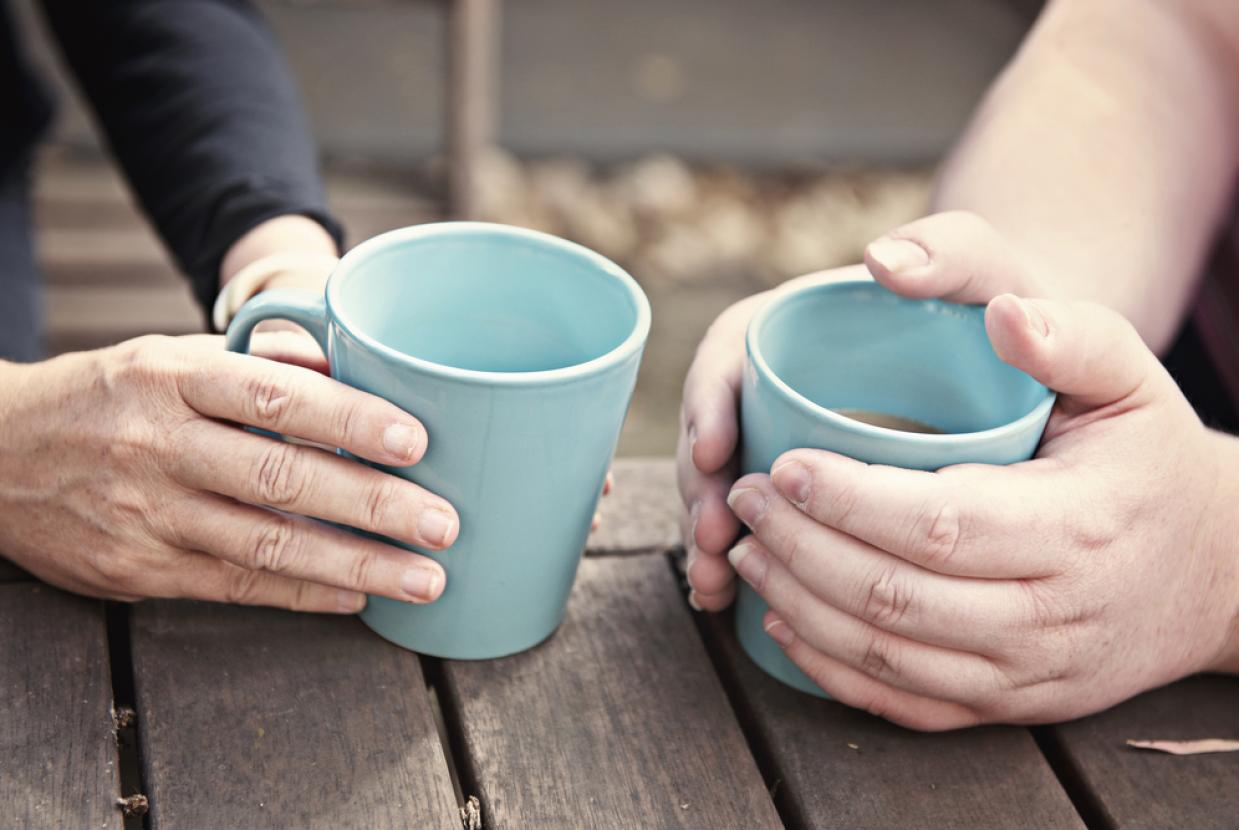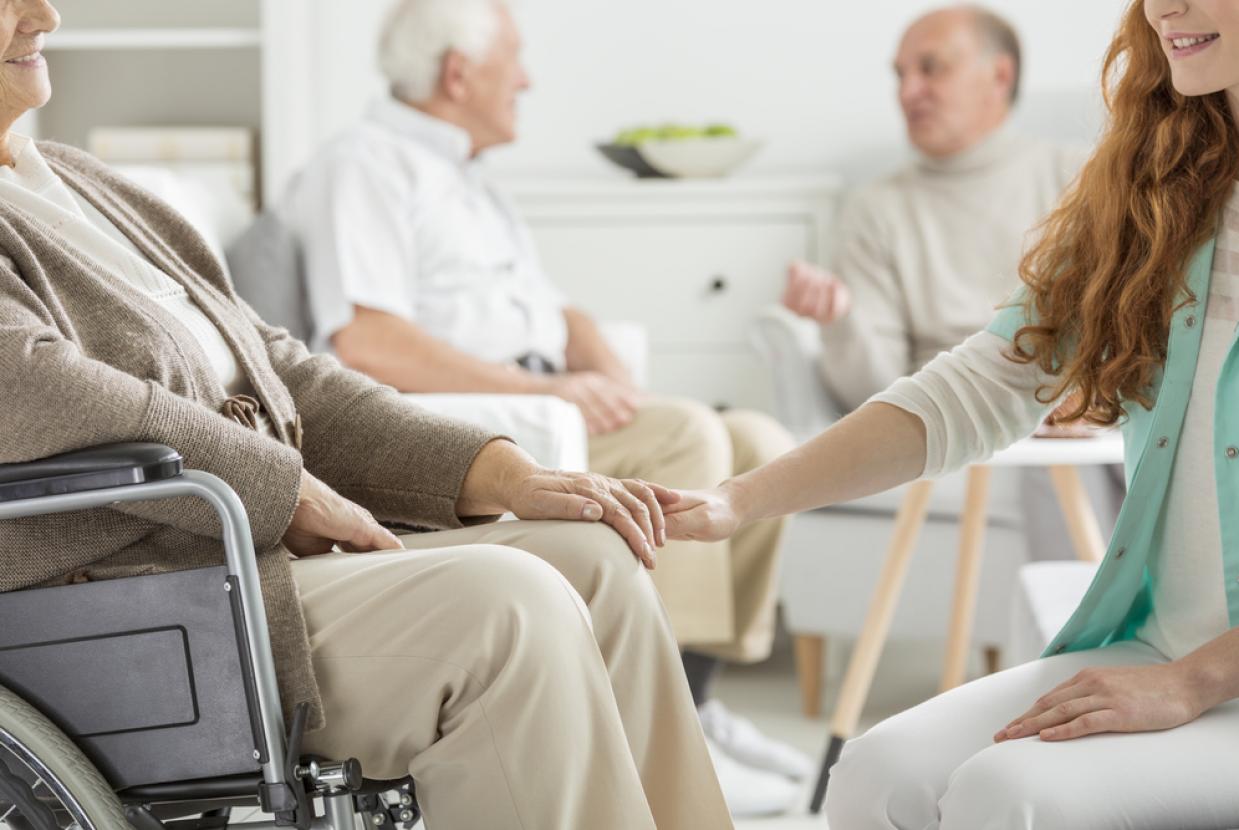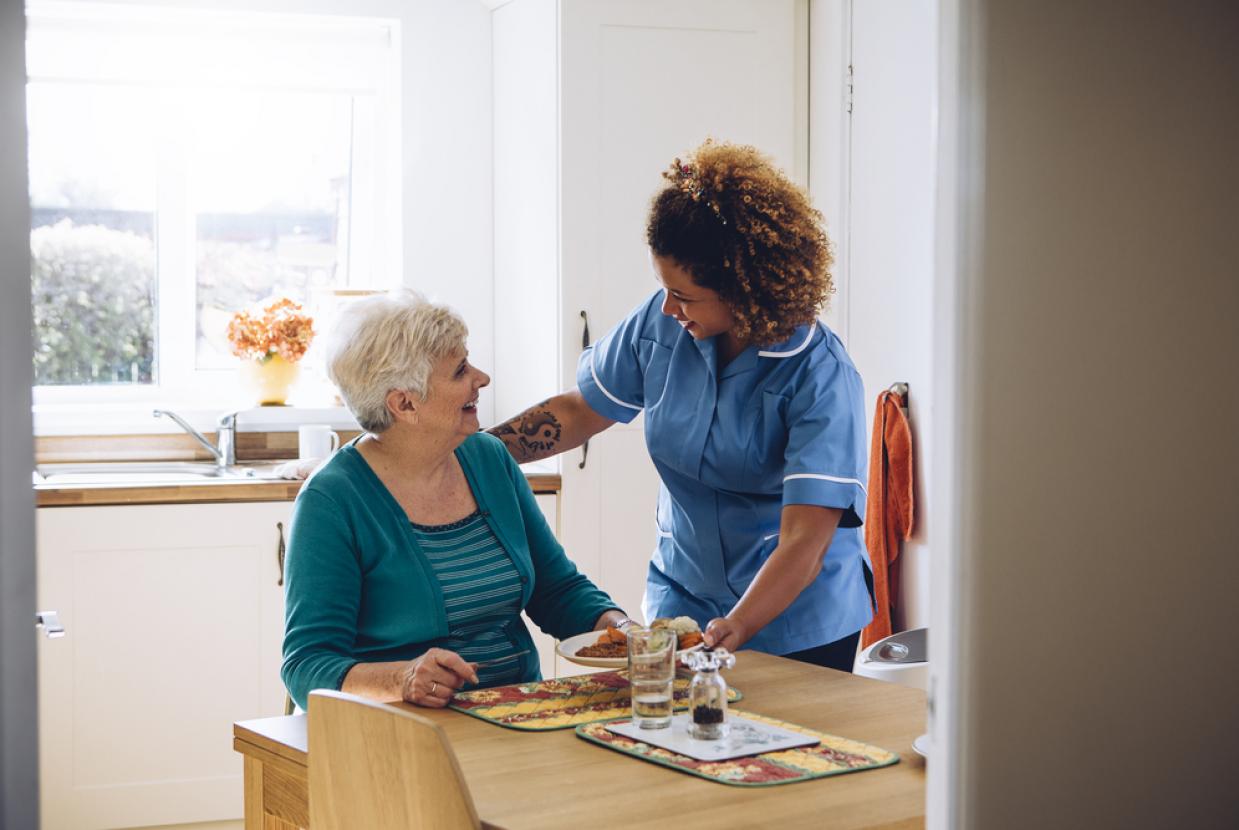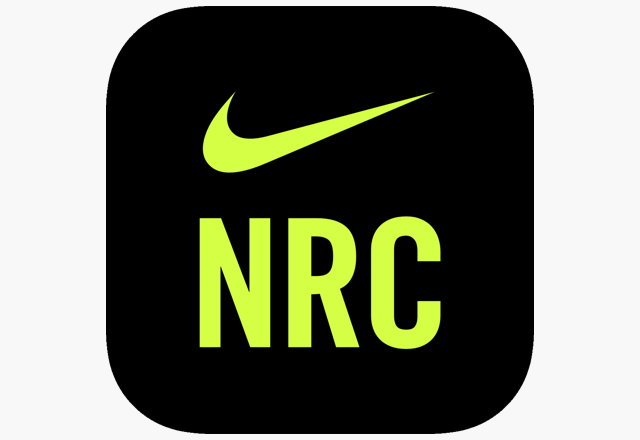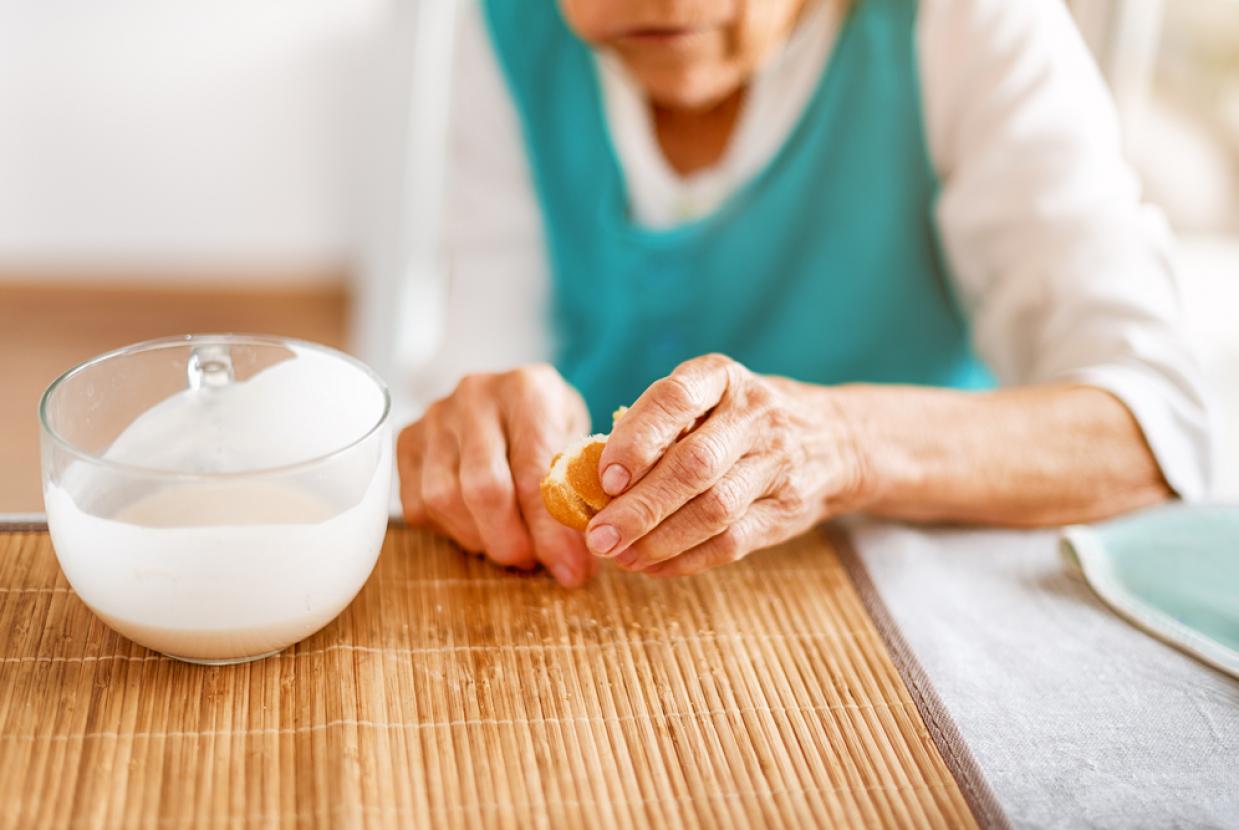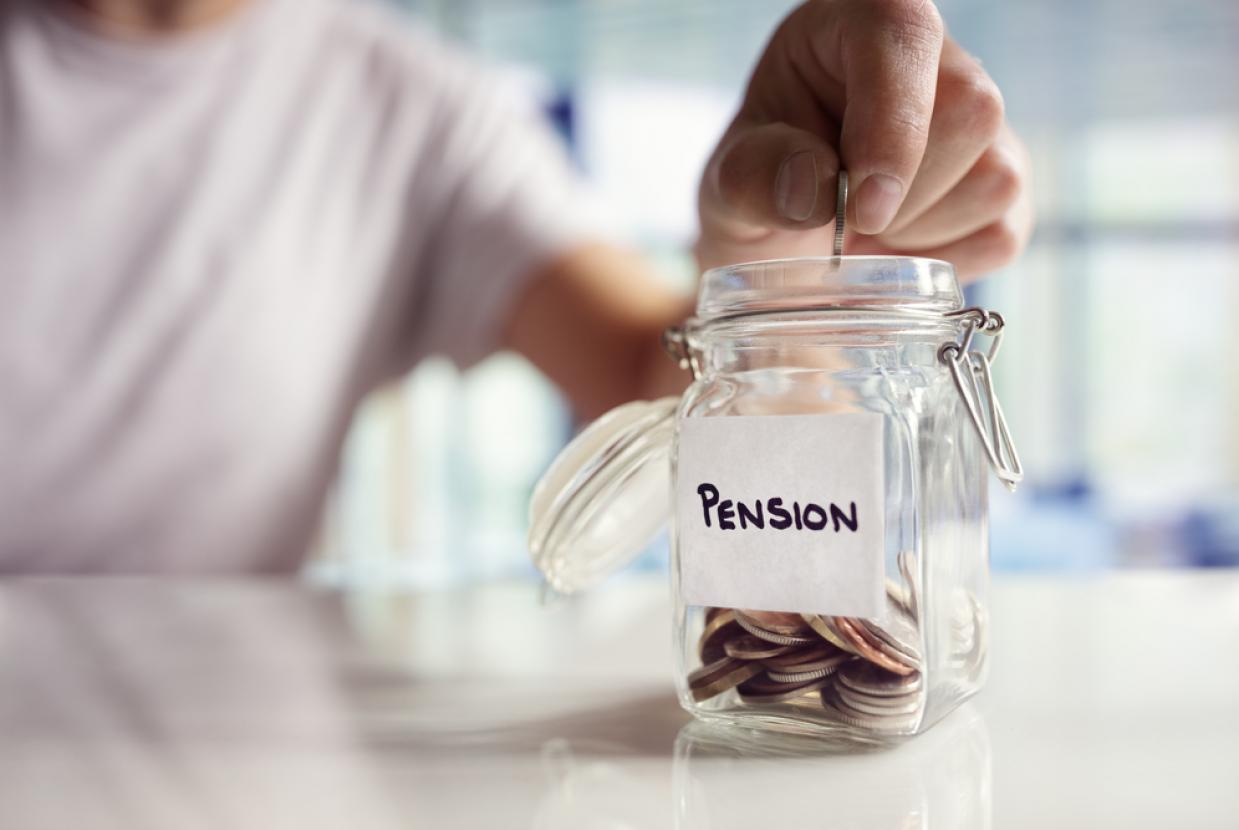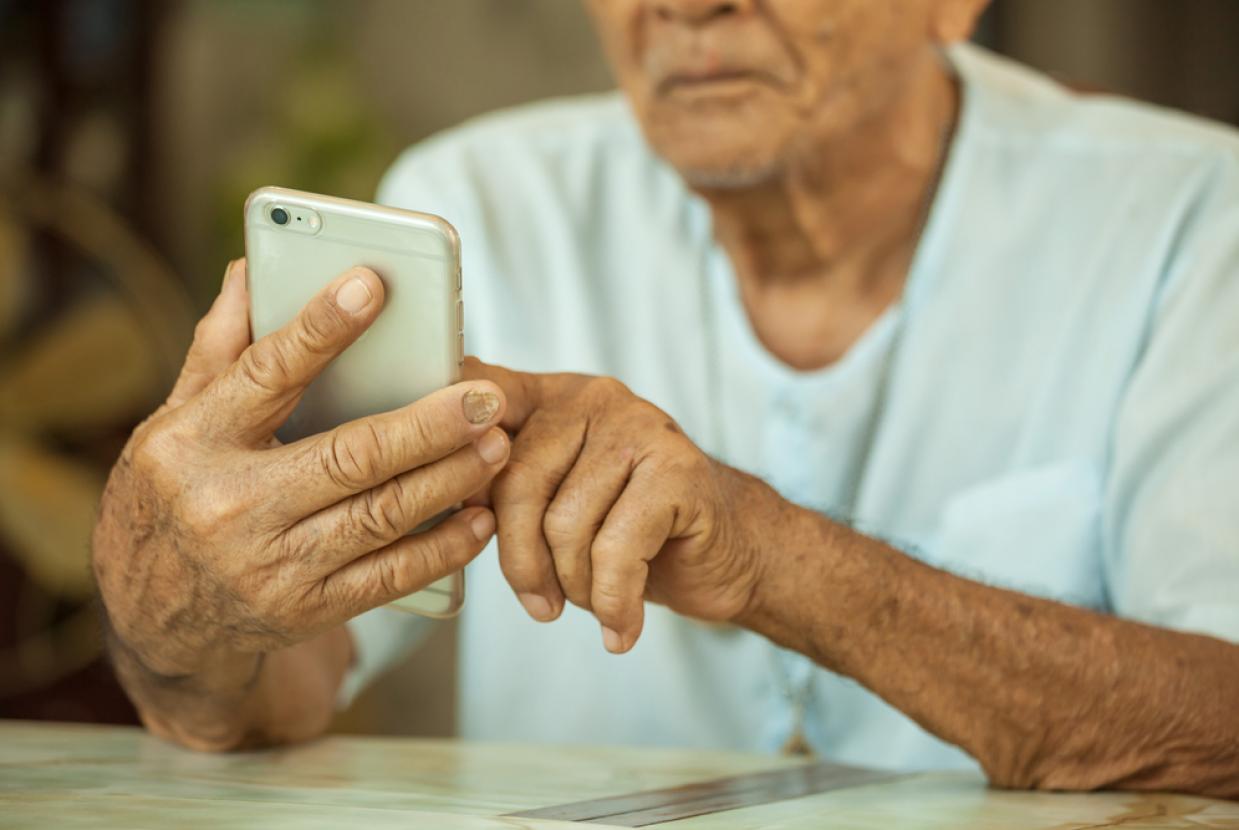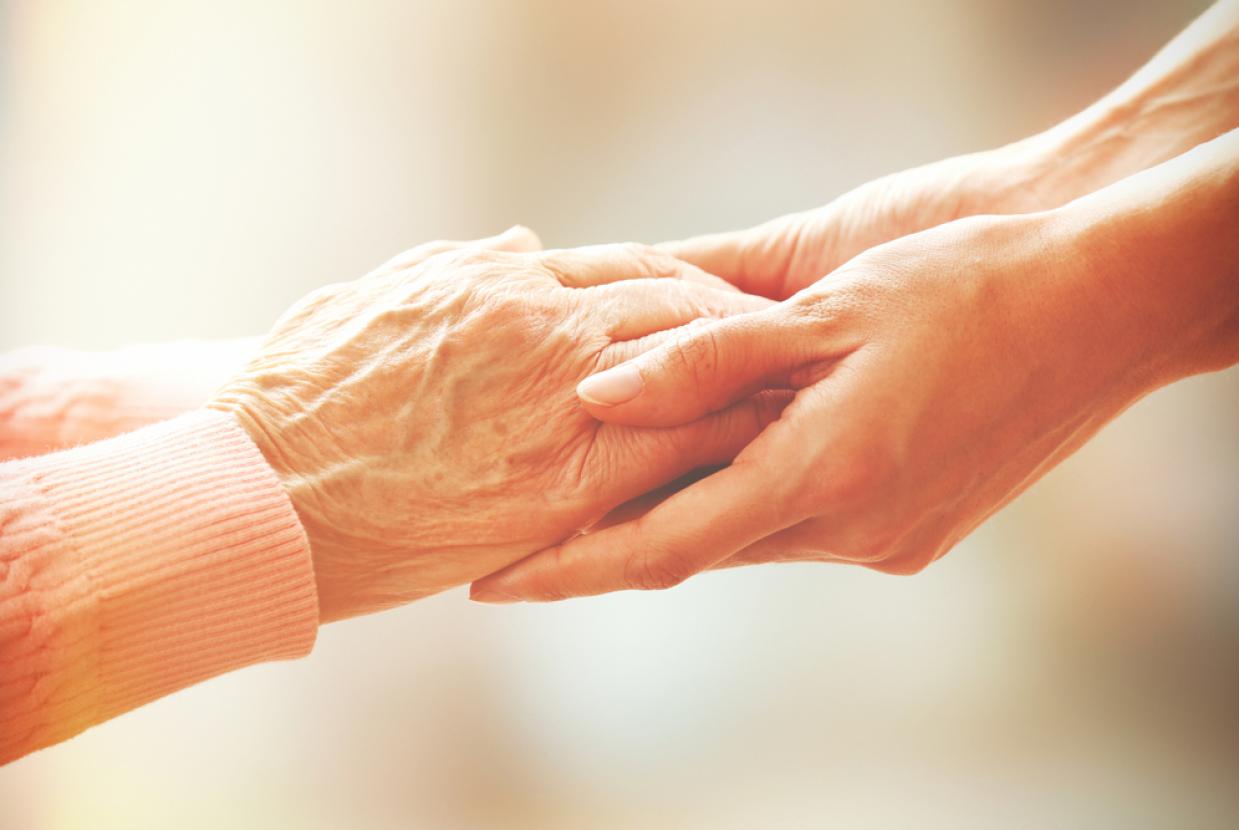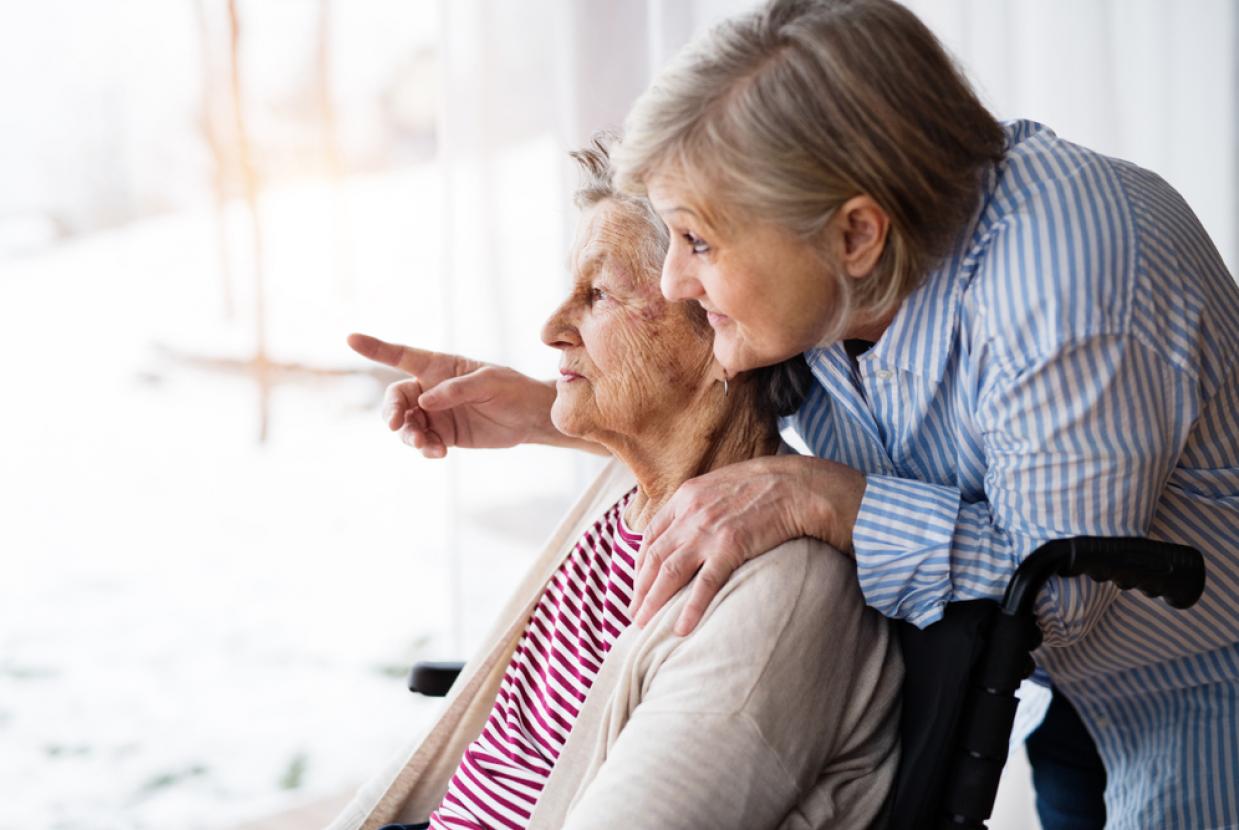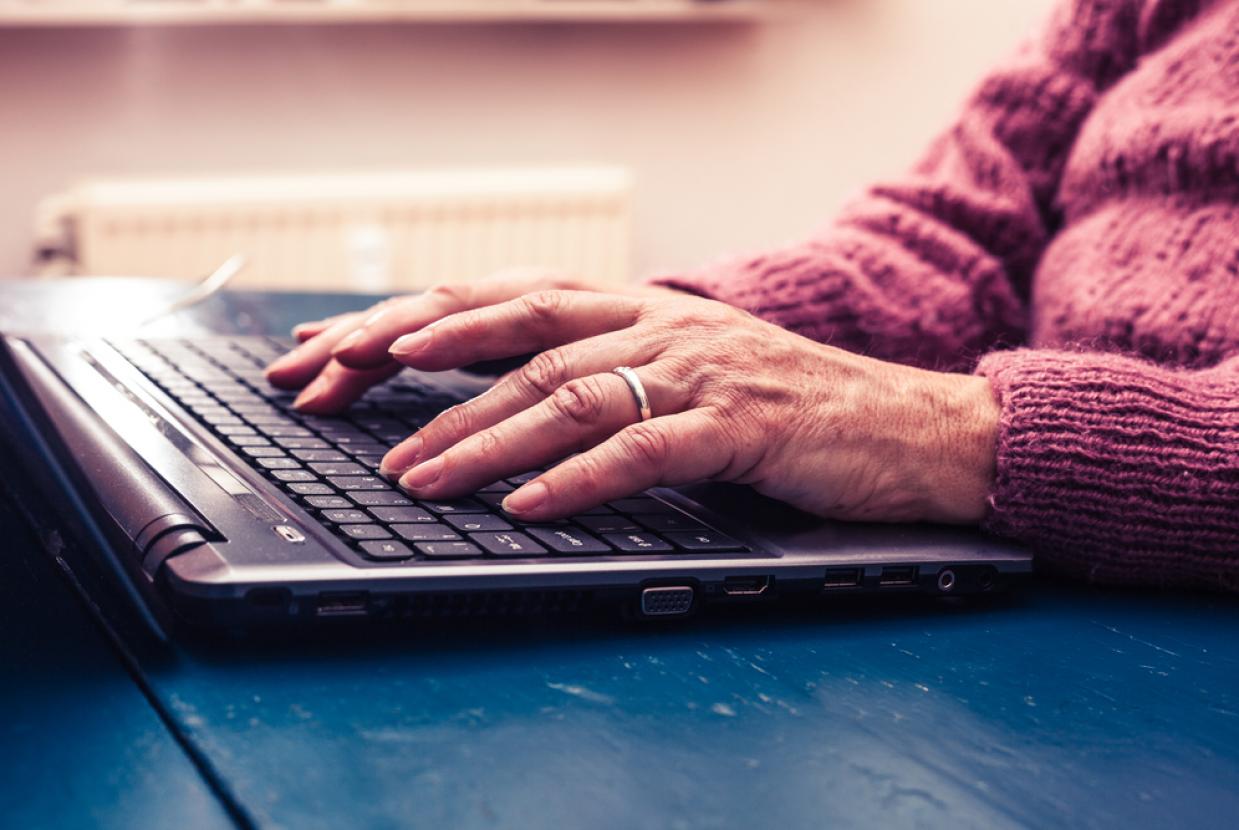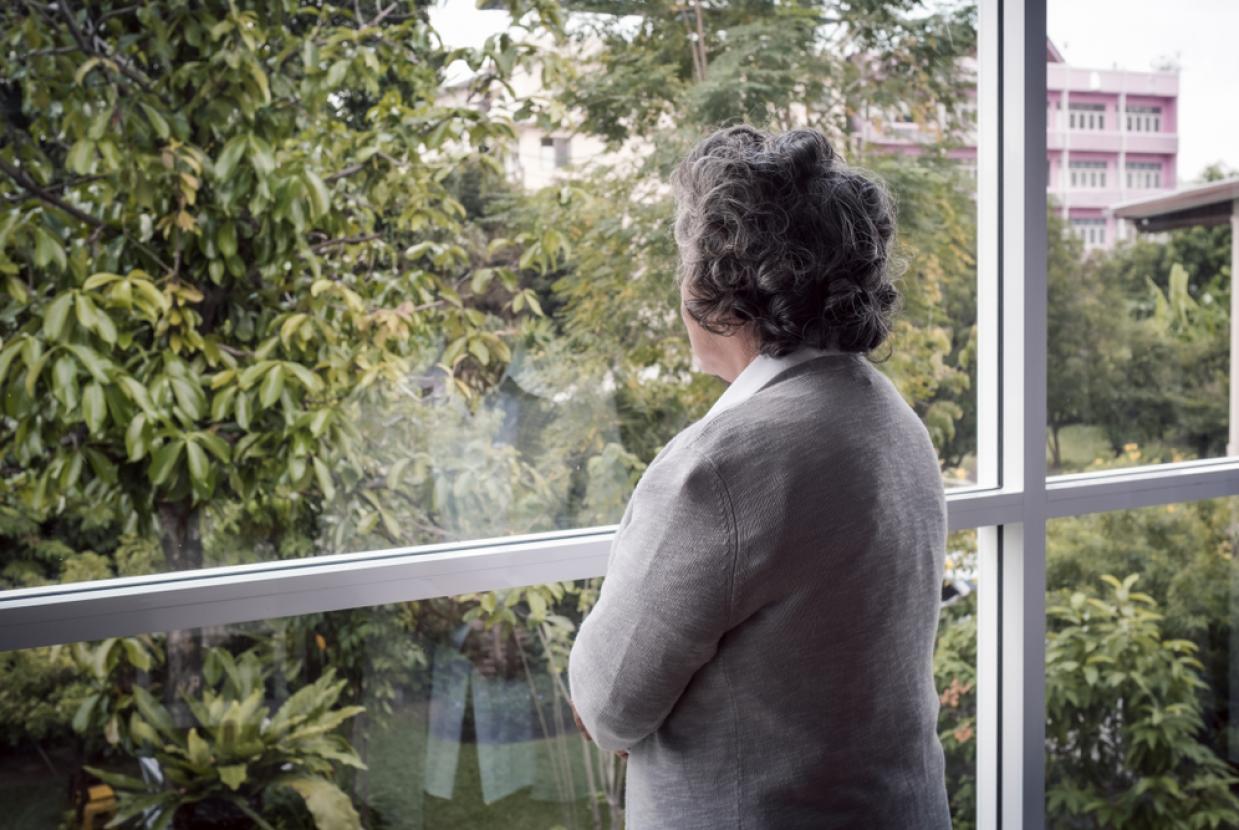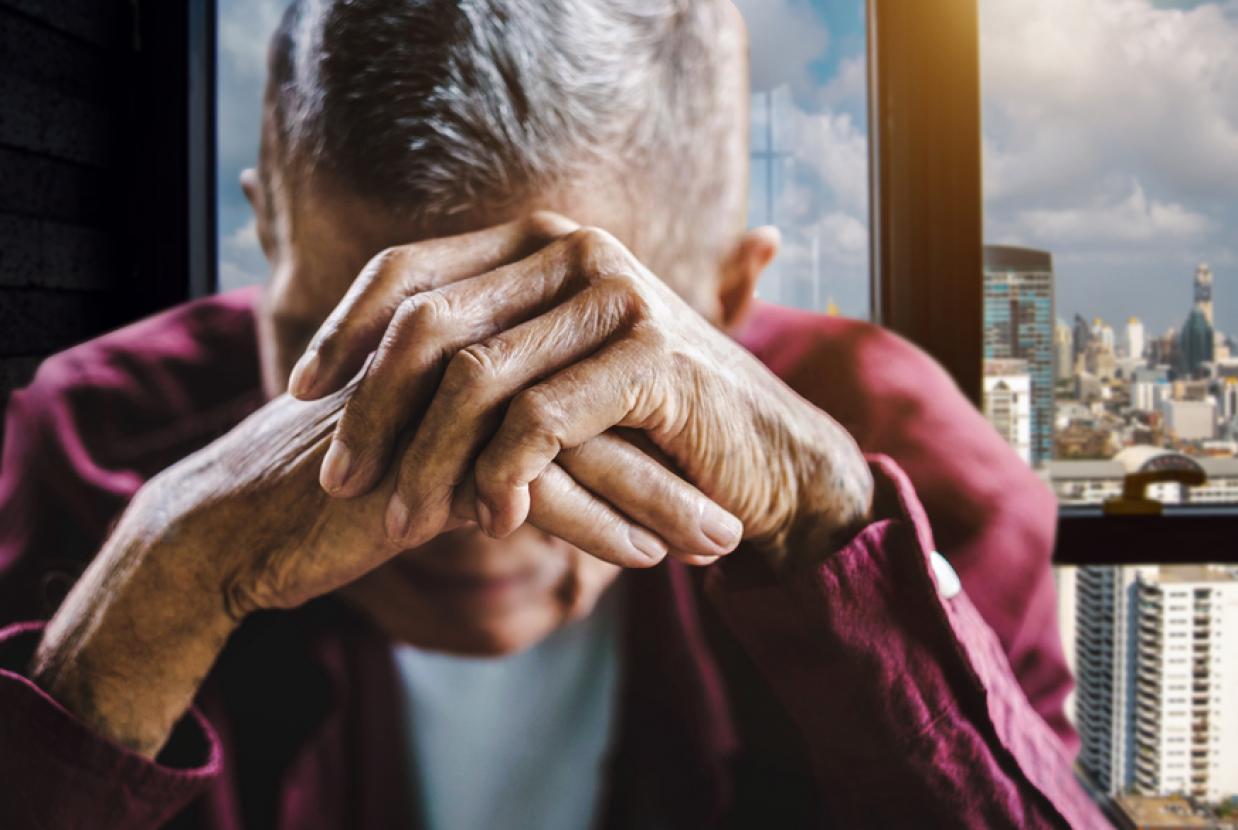What To Do About Abuse
If I'm concerned for myself
Sometimes it is not easy to accept that you are a victim of abuse, and it can be very difficult to tell someone else. This can be because the person who is perpetrating the abuse is a close family member or a friend, someone you trust and care about.
At Hourglass we are here to help. You can call our helpline on 0808 808 8141, Monday to Friday between 9am and 5pm. Our trained and experienced staff and volunteers will listen to your concerns and provide suggestions and advice. Our helpline is free to call and entirely confidential. Our number will not appear on your telephone bill.
We will always seek to respect your confidentiality, but there may be rare occasions when this is not possible (for example, if you or another person is in immediate danger). You can also email us at helpline@wearehourglass.org
Things to think about:
- If you feel that you might be at risk of abuse you should consider the following actions, which might help to reduce that risk:
- Maintain contact with any friends or neighbours that you trust.
- Keep in contact with those friends and neighbours if you move to a new address.
- Encourage friends to visit you at home and try to join a local group or club.
- Have regular medical or dental appointments. Dentists and GP’s are people who you can talk to about abuse.
- If you have to rely on others to post your own mail then try to use more than one person.
- Talk to a lawyer about arrangements that you can make for the future management of your property, possessions or money.
- No one should keep from you the details of your finances or property management.
- Check documents with someone independent of the issue before signing.
If I'm concerned for someone else
If you are worried an older person is at risk or being abused, it is important to act. You can call our helpline (0808 808 8141) to get advice and support on how to help.
Try to speak to them about what you have noticed, being as open and honest as possible. Give them the opportunity to talk and listen carefully to what they tell you, offering to seek help if that is appropriate.
Things to think about:
- Be sensitive to the emotional impact of disclosing about abuse.
- Stay calm if an older person begins disclosing.
- Do not falsely promise confidentiality, accounts of abuse might affect more than one person and you may have a responsibility to tell someone.
- Where appropriate, explain the different people who might be able to help, such as health or social care professionals, police, home carers, care home employees or volunteers and advocates.
- Where appropriate, approach one of these people yourself and ask what action might be taken.
- Bear in mind the potential stigma towards abuse, consider whether the older person in question is comfortable talking to someone from their own community or family.
- If you work in health or social care, speak to your line manager immediately.



